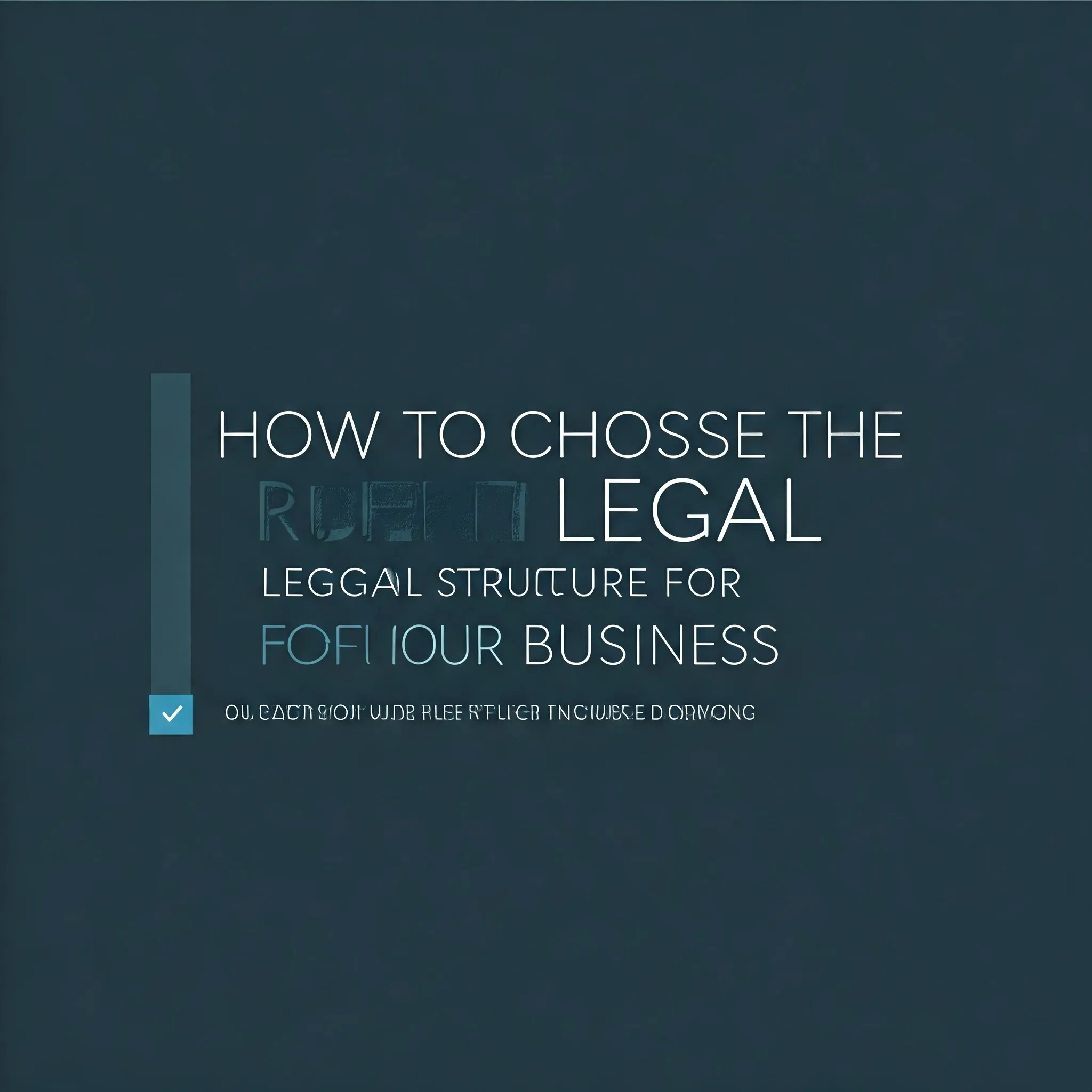
How to Choose the Right Legal Structure for Your Business
Your blueprint to sustainable business growth strategies and rock-solid entrepreneurship advice.
Why Legal Structure Matters in Business Development
Launching a business is exhilarating, but let’s not sugarcoat it—choosing the right legal structure can feel like deciphering ancient hieroglyphs without the Rosetta Stone. Yet, your selection is pivotal, dictating tax obligations, personal liability, and operational flexibility. If you’re eager to supercharge your venture, understanding these options can be a game-changer.
Exploring Popular Legal Structures
From nimble startups to scaling enterprises, the legal framework you select forms the bedrock of your organization. Below, we delve into common structures, aligning them with business management tools that streamline processes.
Sole Proprietorship – The Lone Wolf Approach
Ah, the allure of simplicity. A sole proprietorship keeps things uncomplicated. If you thrive on autonomy and minimal paperwork, this structure may appeal to your sensibilities. But beware—liability isn’t just knocking, it's moving in rent-free.
Partnership – The Power of Two (or More)
Venturing into business with a confidant? A partnership distributes responsibilities, amplifying resources and expertise. However, shared decision-making can introduce friction if roles aren’t crystal clear. Seeking small business tips on partnership agreements is non-negotiable here.
LLC – Flexibility Meets Protection
The darling of modern entrepreneurs, the Limited Liability Company (LLC) blends personal asset protection with operational versatility. It’s the go-to for those craving growth while mitigating risks—ideal for industries dabbling in marketing for small businesses.
Corporation – The Big League
Ready to scale beyond imagination? A corporation grants expansive growth potential and investor appeal. Complex? Absolutely. Rewarding? Unquestionably. Tapping into business growth strategies through a corporate model can magnetize funding and prestige.
Key Considerations for Entrepreneurs
When selecting a structure, marinate on these questions:
- How much risk can you absorb personally?
- Do you anticipate rapid growth or plan to keep operations lean?
- What are the tax implications, and how will they evolve?
Leverage business management tools to simulate different structures’ impacts on cash flow and compliance.
The Long Game – Future-Proofing Your Business
Think long-term. The structure you choose today shapes your tomorrow. Regularly reassess as your enterprise scales, pivoting towards models aligned with evolving business growth strategies. A dynamic business thrives by adapting—not by remaining stagnant.